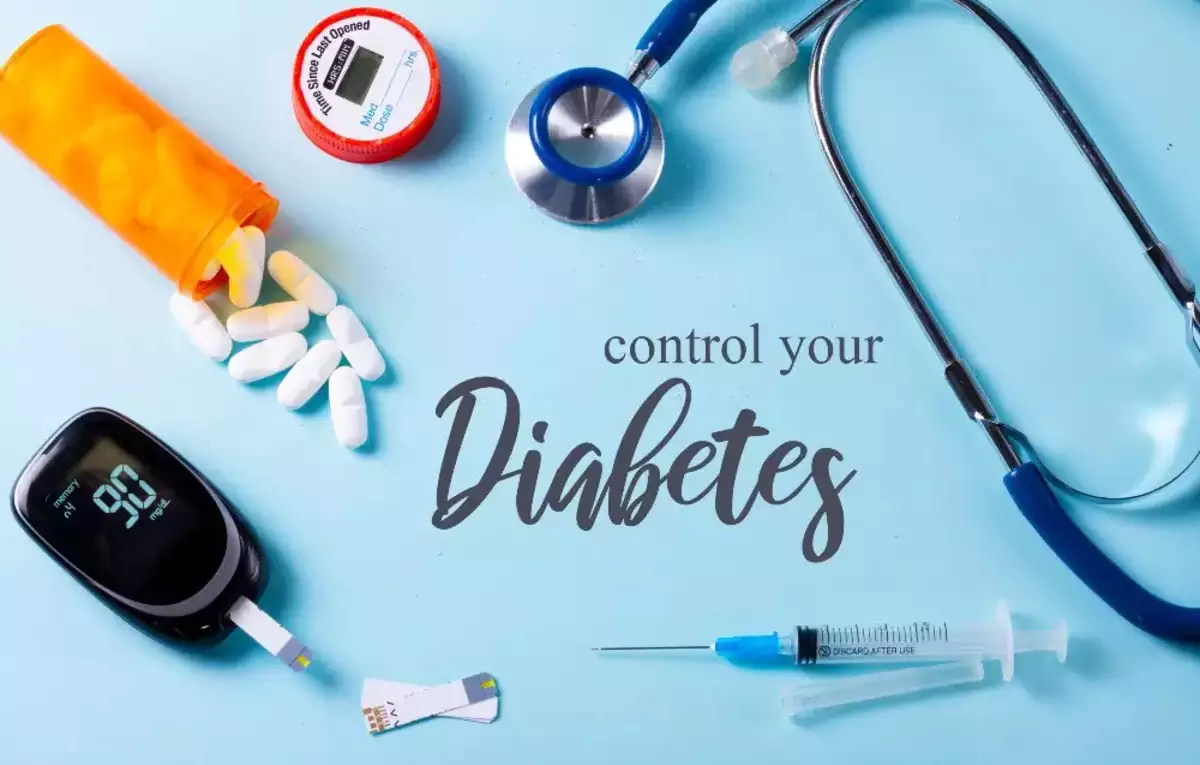Millions of individuals throughout the world suffer from diabetes, a complicated and persistent medical condition. Beyond its physical impact, diabetes can also take a toll on mental health. In this blog, we will explore the connection between diabetes and mental health, the challenges individuals may face, and effective coping strategies.
If you or a loved one is living with diabetes and facing mental health challenges, remember that help and support are available. Contact Specialty Care Clinics at (469) 545-9983 today to discuss your unique needs and explore effective coping strategies.
The Diabetes-Mental Health Connection
Diabetes can cause a number of problems with one’s mental health, including:
Stress: Managing blood sugar levels, medications, and lifestyle changes can be stressful and overwhelming.
Anxiety: Fear of hypoglycemia (low blood sugar) or complications can lead to anxiety.
Depression: The chronic nature of diabetes and its impact on daily life can contribute to depression.
Diabetes Distress: This is a specific type of emotional burden associated with managing diabetes.
The Bi-Directional Relationship
The relationship between diabetes and mental health is bi-directional. Diabetes can affect mental health, and mental health can affect diabetes management. For example, stress and anxiety can lead to poor blood sugar control, while uncontrolled diabetes can contribute to mood disturbances.
Coping Strategies for Individuals with Diabetes
Education: Understanding diabetes and its management can reduce anxiety. Attend diabetes education programs and consult healthcare providers for guidance.
Mindfulness and Relaxation Techniques: Practices like meditation and deep breathing can help manage stress and anxiety.
Support Groups: Attending a support group for diabetes can provide you with a sense of belonging and psychological support.
Exercise: Regular physical activity can improve mood and help regulate blood sugar levels.
Healthy Eating: A balanced diet can stabilize blood sugar and contribute to better mental health.
Medication and Therapy: In some cases, medications or therapy may be necessary to manage mental health symptoms.
The Role of Healthcare Providers
Healthcare providers play a crucial role in addressing the diabetes-mental health connection. They should:
Screen for Mental Health Issues: Routine screening for depression and anxiety is essential.
Provide Comprehensive Care: Healthcare providers should address both physical and mental health aspects of diabetes.
Offer Referrals: If necessary, healthcare providers should refer individuals to mental health professionals.
Family and Friends’ Support
Support from loved ones can significantly impact an individual’s mental well-being. Family and friends can:
Offer Emotional Support: Show understanding and empathy for the challenges faced.
Participate in Care: Encourage healthy habits and attend medical appointments together.
Learn About Diabetes: Understanding the condition helps loved ones provide effective support.
Reducing Stigma
People may be reluctant to seek assistance due to the stigma around mental health. Education and open discussions can reduce this stigma and encourage people to seek support when needed.
Seeking Professional Help
Individuals experiencing severe depression or anxiety should seek professional help. Mental health professionals can provide therapy, counseling, or medication to manage symptoms effectively.
Diabetes and the Importance of Self-Care
Living with diabetes requires consistent self-care. This includes:
Blood Sugar Monitoring: Regular monitoring helps maintain stable levels.
Medication Adherence: It’s essential to take medications as directed.
Healthy Eating: A balanced diet with proper carbohydrate management is key.
Physical Activity: Regular exercise supports blood sugar control.
Stress Management: Strategies like meditation can help manage stress.
The Road to Better Mental Health
Improving mental health while living with diabetes is an ongoing journey. It’s essential to recognize that both conditions can coexist, and seeking help is a sign of strength, not weakness. By incorporating coping strategies, accessing professional support, and maintaining self-care, individuals with diabetes can lead fulfilling lives while managing their mental health effectively.
The connection between diabetes and mental health is significant, but individuals can successfully manage both conditions. Through education, support, and self-care, individuals with diabetes can improve their mental well-being and lead fulfilling lives. Seeking help when needed is a crucial step in this journey, and it’s a testament to resilience and strength. Remember, you’re not alone, and there are resources available to help you on your path to better mental health while living with diabetes.


